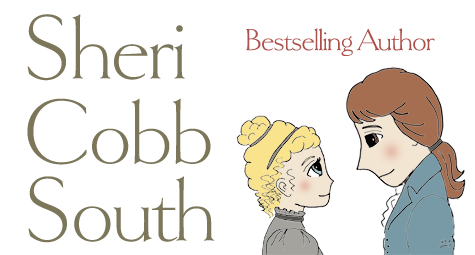It’s always this way. I look at my book-to-be—at this point, nothing more than a handful of color-coded sticky notes on a tri-fold foam board—and think, “I’ve got to get an entire book out of this?” It doesn’t look like I have
nearly enough plot to fill up 15,000 words, much less 65,000. Maybe I should take more notes, do more research, try a new plotting method I saw on the internet. And sometimes I do those things. But at some point, I have stop
jotting in notebooks and on sticky notes, get off the internet, open a document file, and write.
I never feel ready. I’m always terrified that I’ll get all the way to “The End,” then run a word count and discover that the whole thing is only 40 pages long. It always happens this way, and yet the feeling that the task is too big, too overwhelming, always feels new.
To me, writing a book is an act of faith. Just as God told Abraham to leave his home and travel to a strange land, basically saying, “You’ll know it when you get there,” I set out with a keyboard and a blank Word document, certain in my mind of what will happen in the first couple of chapters, a major scene or two in the middle, and, of course, the ending. But then there’s that vast unknown Middle. That’s the part that always scares me.
After sixteen published novels, though, I’ve learned one thing: if I wait until I have the whole thing plotted out in my head, I’ll never write at all. I must plow ahead with the little bit I have, following the light I’ve got, trusting that when I need it, that scene will be in my imagination, waiting for me to catch up. This, to me, is the miracle of creating. It’s happened too many
times for me to doubt it: in the violin that magically appeared among James Weatherly’s belongings in Of Paupers and Peers; in the gypsy lad who turned up at the vicar’s funeral in A Dead Bore; in the fishing boat on which poor John Pickett gets seasick in my upcoming mystery, Family Plot. None of these things were in my original vision of the book; all were things that came to me along the way, and each one took the book in new and unexpected
directions. That, for me, is the joy of the journey that is writing fiction.
And so I’ll celebrate the Easter season this weekend, and then on Monday morning I’ll take my laptop to Starbuck’s, order a nonfat mocha frappuccino, and plug in my flash drive. And I’ll write.



